What White People Think, a new portrait series by Kathleen Dreier, is a call of action to recognize our responsibility to be proactive social change agents.
“I did not learn to look at the world through a lens of bias until I was 7 or 8 years old. I remember overhearing the opinions of adults and their perspectives around race. These opinions crept into the lens I viewed the world through. I feel like over time the opinions of adults I was around became more extreme and politicized and those discussions bled into race. I had parents that taught me about injustice and the need for equality. My mother took me to Martin Luther King Jr’s burial site in Atlanta as a child and I was taught about slavery and disenfranchisement of people of color. My mother also held controversial and flawed opinions about race and said distorted and harmful things about people of color in front of her children. As a child I never saw role models directly leap to the defense of people of color unless they were some distant historical figure in a moral argument. As a child I never had tangible role models that were people of color. I cannot remember a single time going through my childhood that I had a Black teacher or doctor or dentist or librarian or lifeguard. I come from a white family that has members who support equality and march for BLM and members who are outspokenly racist. For a long time, I tried to sanitize that, and I was unable to confront it. It was not until adulthood that I could look back on experiences during my upbringing and realize where my world view was shaped by bias and racial micro-aggressions. I have inadvertently participated in racism that harmed people of color. I am ashamed of this and mildly intimidated to talk about it. I do not know how to repair certain things I have done, but it is my responsibility to examine my experiences and build a better perspective and world than the one my parents lived in. A few specific events stand out to me that shaped my perspective on privilege.
My first dear childhood friend was a girl that I met in 3rd grade. We were nearly inseparable. She was Black. My parents were sweet to her, but there was always tension between my mother and her parents. One day we were at the school lunch table when she explained to me what being ashy meant. A group of children began to tease her about being ashy and her Blackness. I joined in on teasing her. At the time, I did not realize the implications of what I had done. I always justified it as being okay because I was a child, and she had brought it up, and she had laughed along. I realize now that event hurt her. She was teaching me something about her experience, and I had used it against her. I exchanged the comfort of not being on the side of being made fun of instead of defending my friend and her identity. It was wrong. I regret it.
I have another memory from the summer after my last year of high school. Our neighbor would have cookouts every weekend. He was Black. He would knock on our door and invite us over, but we never went. So, he would bring us plates of food from the cookout. He was an excellent neighbor and a kind man. Again, I always sensed tension between him and my mother. Several months later, I was living in my first apartment, and I had no car. I had to walk several blocks to catch the bus that went in the direction of my job. One day I was walking through rain when a car pulled up alongside me, and a Black man inside offered to give me a ride to get me out of the downpour. I thanked him and told him no. He insisted because he remembered me and knew where my mom lived. I realized that this was my kind cookout neighbor. I had not recognized who he was because I had never seen him as more than a Black guy. I was appalled at myself, and I kept insisting on walking in the rain. First, I had been too afraid or biased to take kindness from a Black stranger, and then I was too embarrassed to admit my racism to him. I have spoken about this event with other people, and they have told me there was not racism here because as a single woman it is smart to not get in a man’s car. I do not think that’s the point. If he had been a white man, I would have recognized him as a neighbor, and I would have trusted him as a safe ride. That event put me on a path of recognizing my internal narratives of ignorance and privilege.
Years later I was at a dance class being taught by a Black man. He had long dreads down his back and tattoos. At some point in our interaction, it came up that he was a military vet. I blurted out, “I would have never guessed you were military!” Without missing a beat, he said, “Because I’m Black, huh?” He was right. His Blackness had influenced my perception. I thought about how many white men I knew that had been in the military who were covered in tattoos. Again, I felt embarrassed and unsure of how to progress with him. I could have addressed that and said, “Yeah, that is ignorant of me. Thanks for teaching me otherwise. This is odd to say but I’ve never met a Black man who was military before.” But instead, I clammed up and I did not address it. Whether he did it intentionally or not, he handed me an opportunity to own my actions and learn from him about his experience. I did not have the grit to accept that at the time.
Over my life many experiences, some I handled better than others, confronted me with the nature of my privilege. It is rooted in me, and it is in every other white person out there. I never thought of myself as a racist, but I learned how to think in racist ways from the environment around me. There are people out in the world teaching their children to explain the world in racist ways, whether they realize it or not. That is doing active harm in the world. I had to actively unlearn the racism I had picked up from the white world. I had to peel back my interaction with systemic racism to see the diverse world underneath that lens. To this day, nearly a decade after deciding to be anti-racist and fight the nature of micro-aggressions in my white upbringing, I still must catch myself as I approach internal bias, own it, and correct it. Every day, I learn something about the differences behind my world experience as a white woman of privilege.
Many white people cannot accept they buy a seat at their table by exchanging the currency of other white people’s comfort – at the expense of people of color. Whether it is our dinner table, a school lunch table, or a board room table white people must be willing to get up and walk away from that table when it does not have room for everyone equally. They must be willing to not laugh along with the joke. Generally, white people are all waiting for the book to read or the Ted Talk to watch that will give us our full lesson on racism. We want the palatable solution that gets us out of participating in difficult self-examination – a solution where we take a sugar pill at bedtime and wake up in a world of equality and butterflies. There is not an overnight fix for systemic racism and white privilege. The only way out of a system built on white supremacy is for white people to approach it and dismantle it. I don’t have all the answers and I don’t have a degree in people, but I think white people don’t approach this because we lack the tools to hang in there for difficult conversations and examination of bias. We do not do well with discomfort. So many white people have never been confronted by it. We want Black and Latinx activism that says palatable things about white communities. White people have little practice at being the odd one out in the room, because we’ve either built or helped prop up a world where we are the authority in every space. We are not good at listening, and when we do, we push back on what we have heard because we cannot fit a model over it. White people need to accept no white-owned model will fit on to experiences of color. We must be okay with not knowing how to swim in that water. We must be willing to give up the embarrassment of ego when we fall as we learn to walk. We need to learn to sit with that discomfort and to move past listening to people of color into hearing them and doing our part in fixing the systems that disenfranchise them. White people need to stop approaching white supremacy and violence against Black communities with empathy alone; they need to come to it as an issue to solve. I guarantee that every white person reading this can look back and own an experience where they participated in thinking or being racist. It is our responsibility to have the uncomfortable conversations at our dinner tables with our white children about how they will approach Black children and Latinx children and Muslim children with humanity and intersectionality. If you do not have children to teach, teach your parents. Teach your siblings. Teach your coworkers. Calling these things out and holding space for hard but vital discussions may be uncomfortable, but that experience does not even begin to approach the discomfort of navigating a world that was built to remind you it doesn’t want you, which is the daily experience of people of color. So, white people: swallow your discomfort. There is no better world for everyone until all people can mark their race as “human” and reap that status’s benefits equally.”


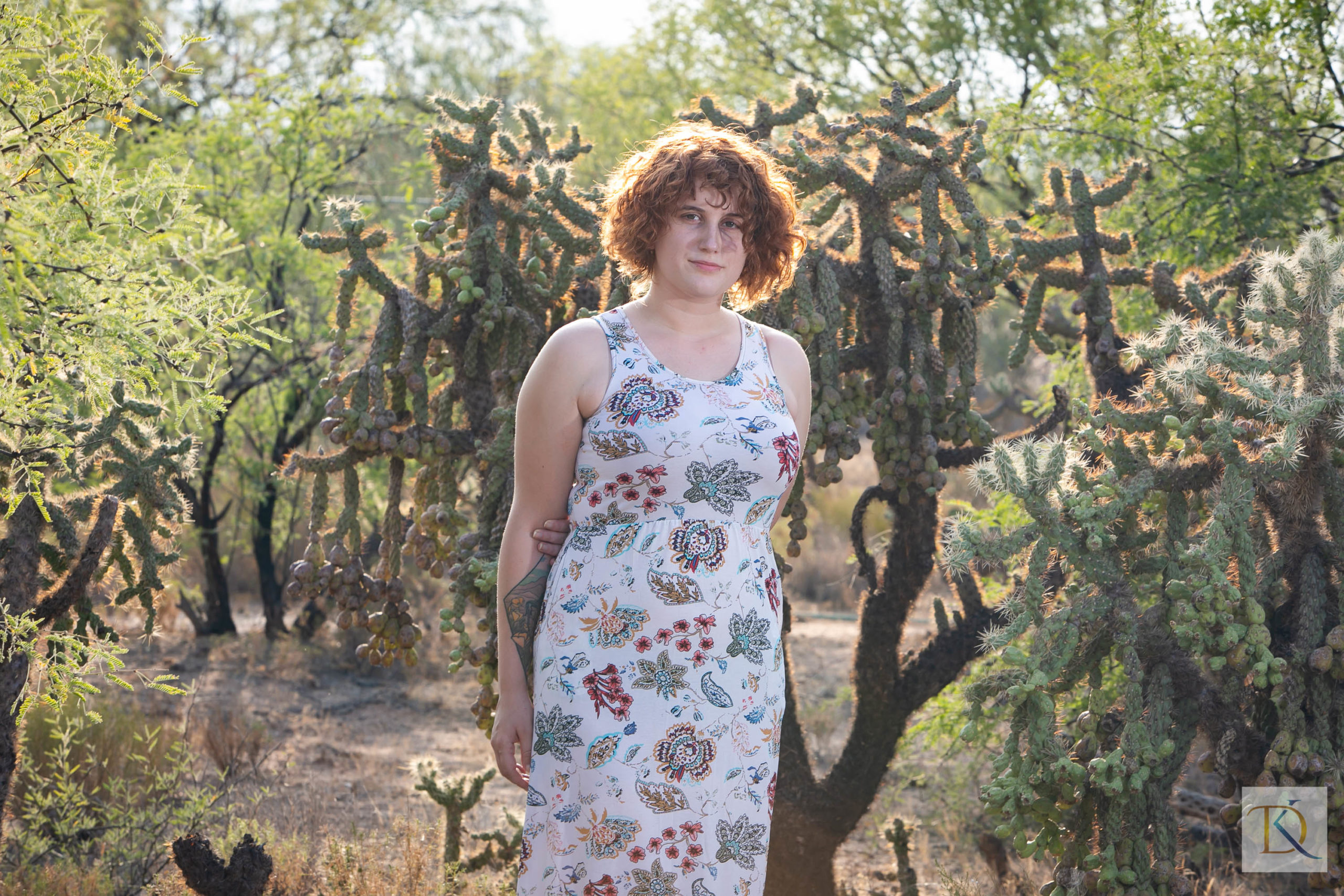
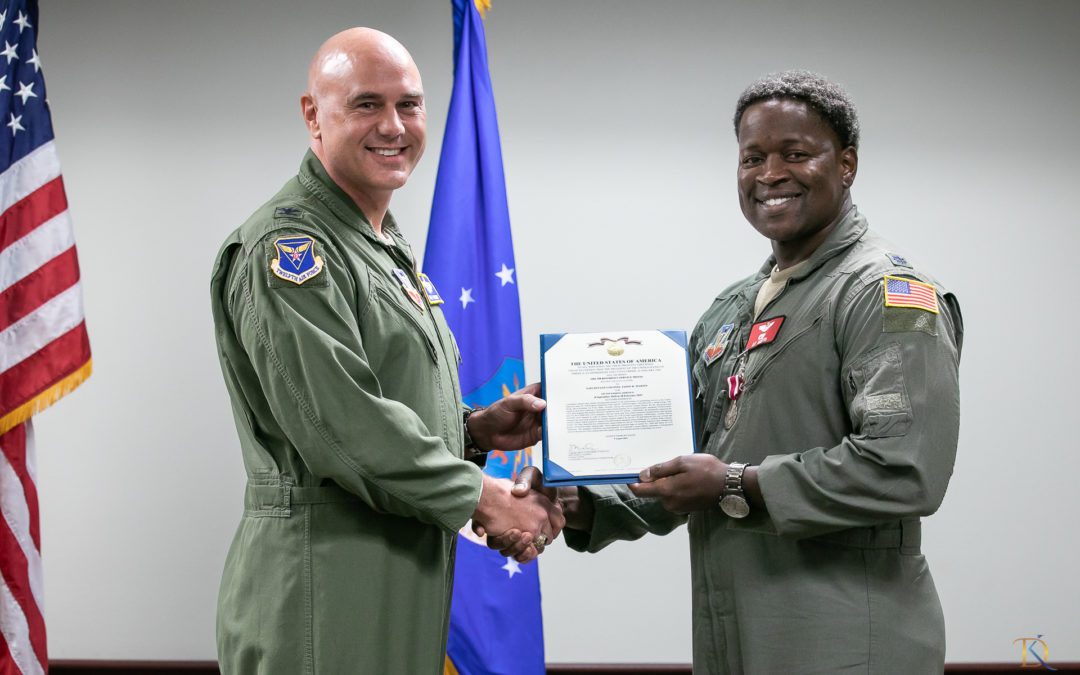
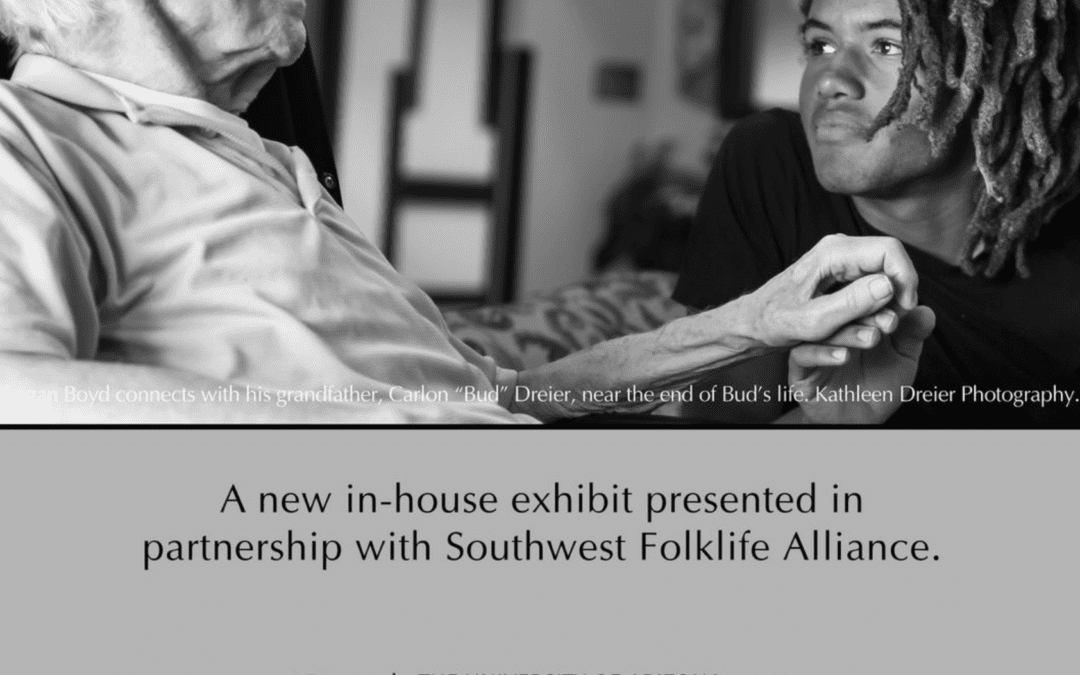
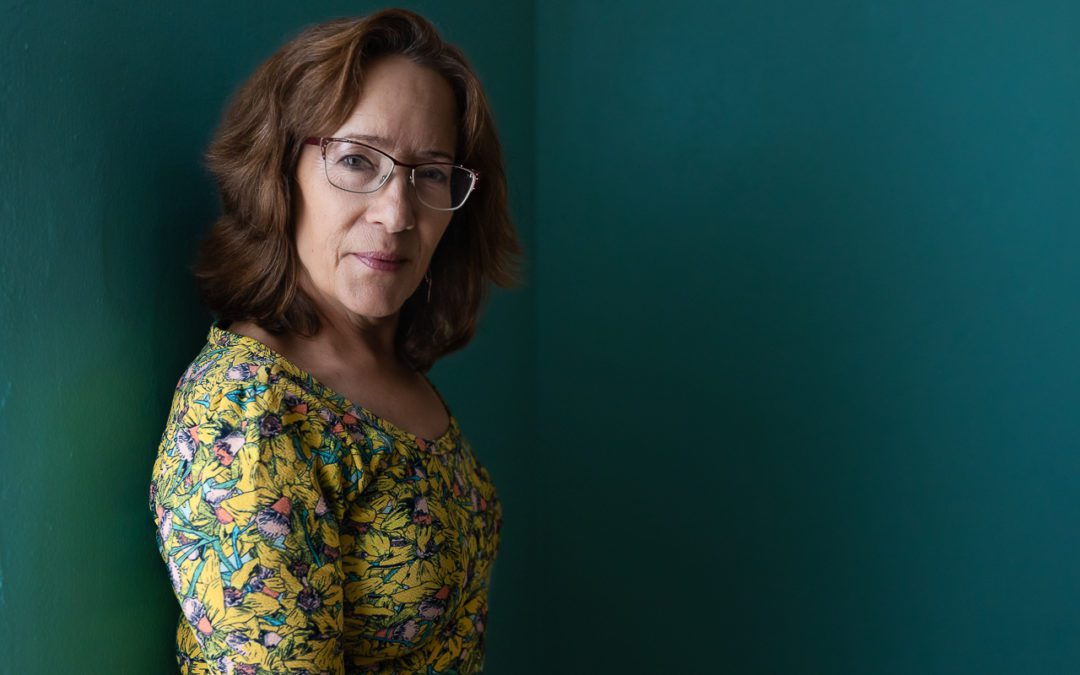
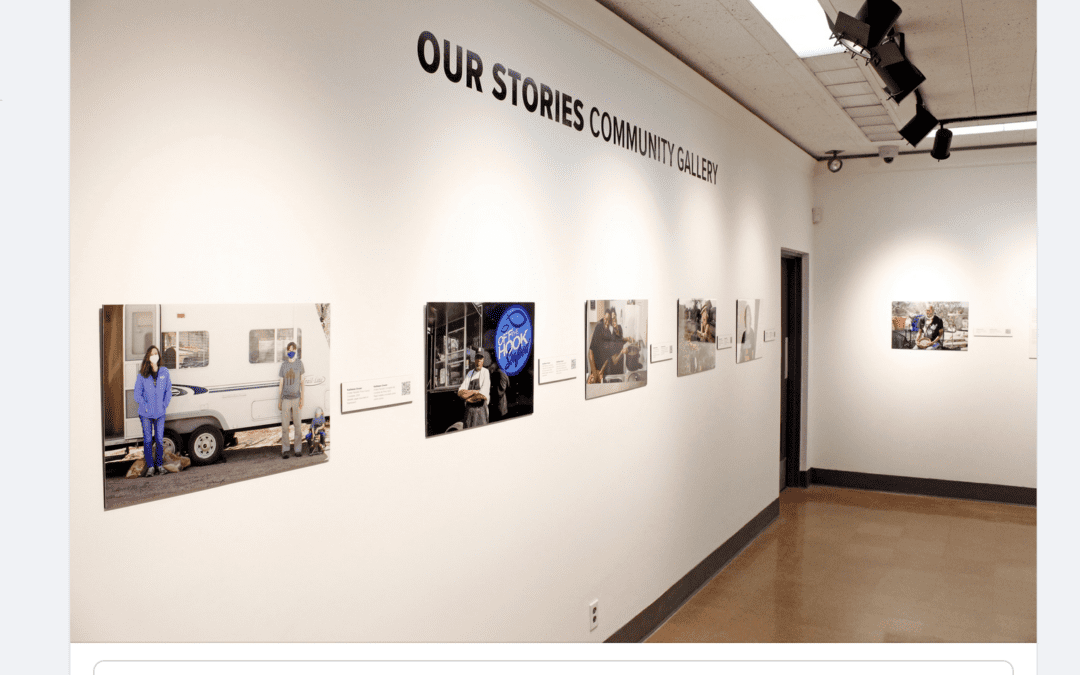
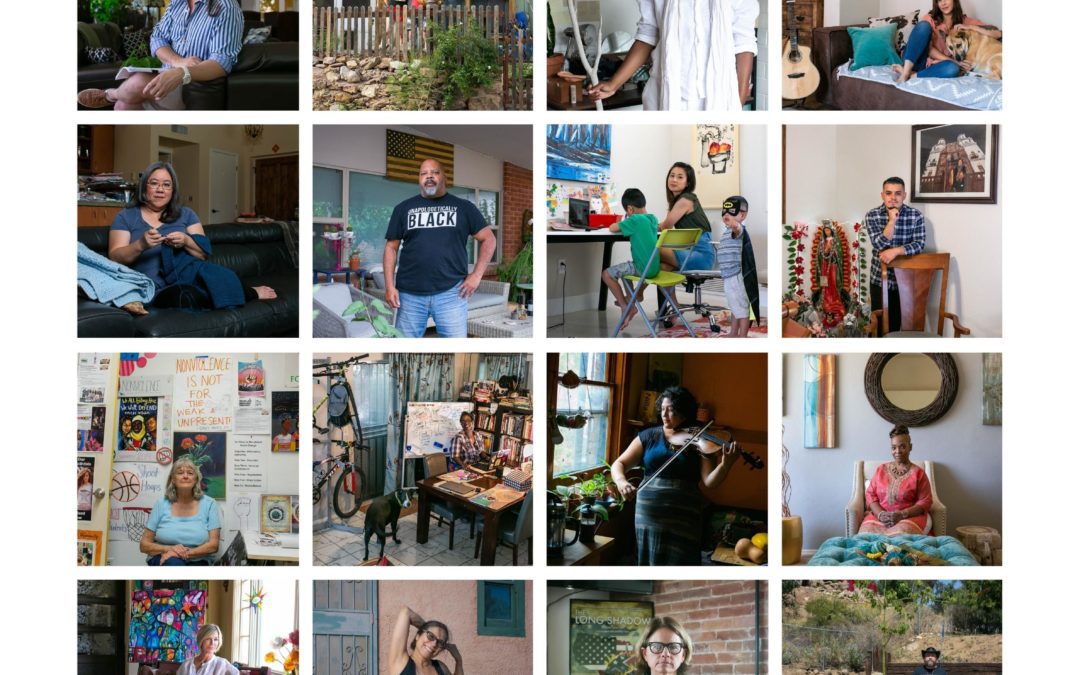
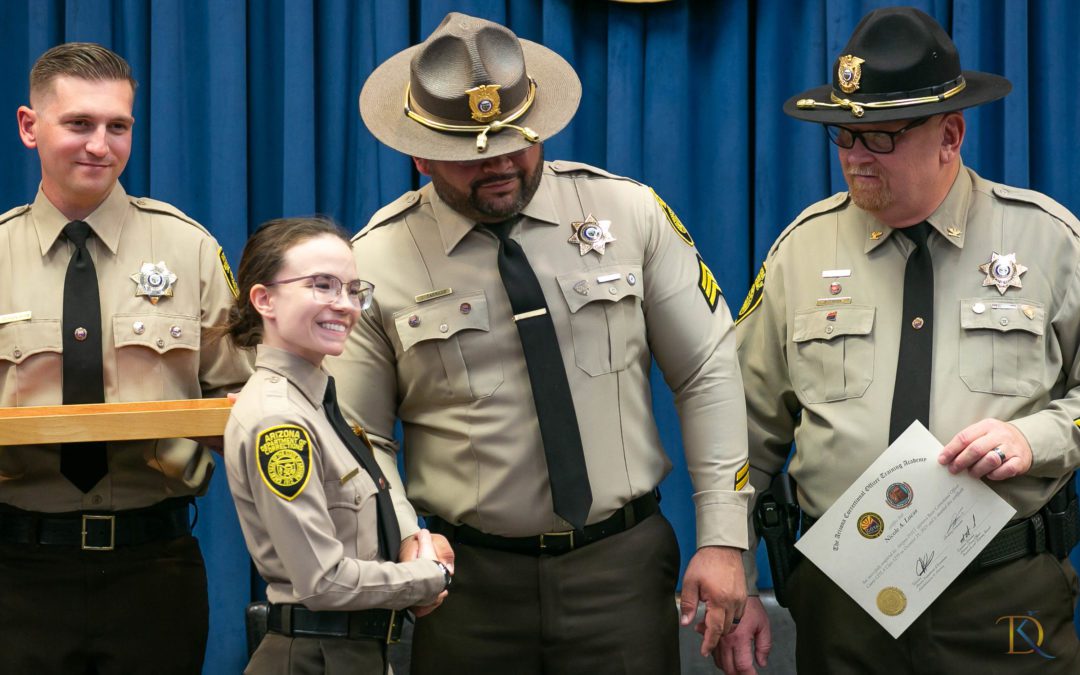
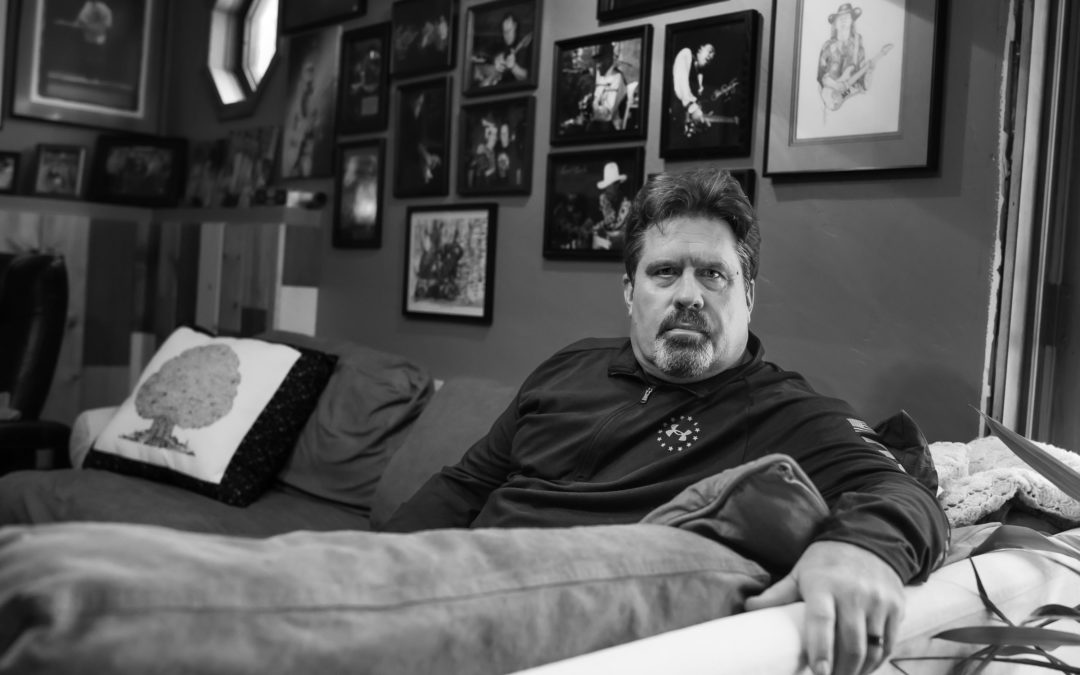
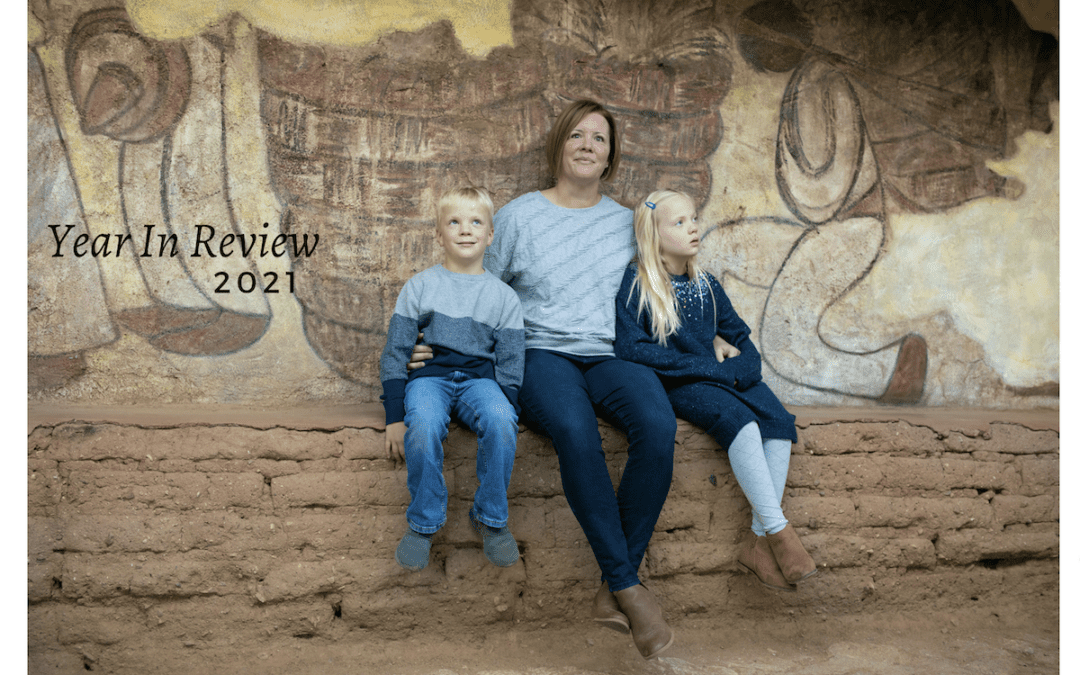
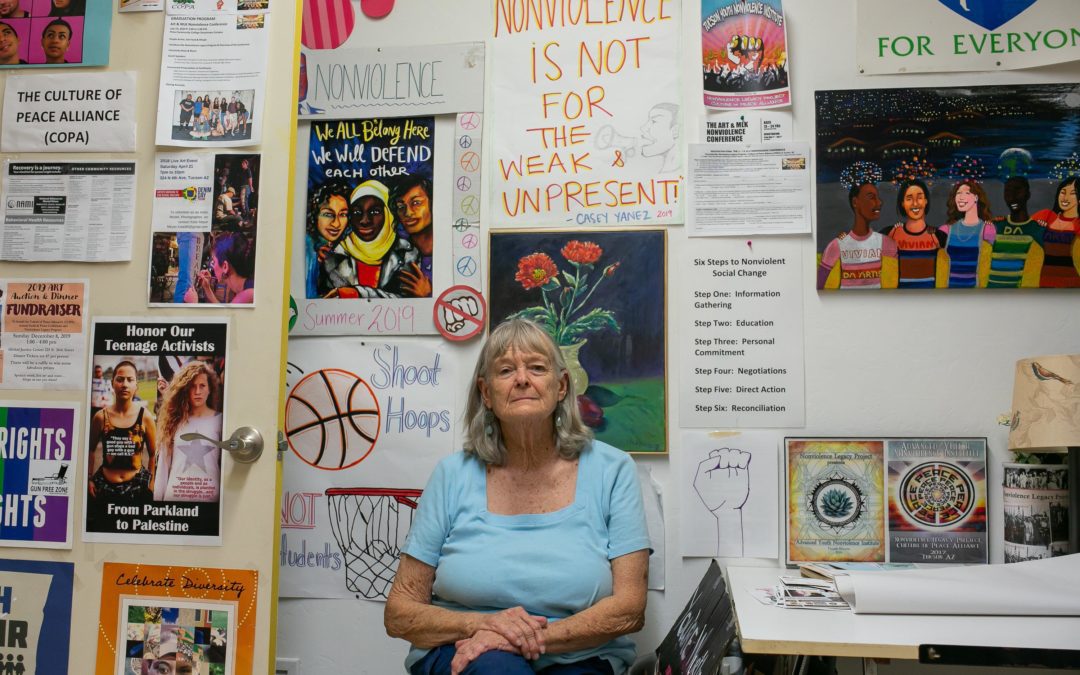
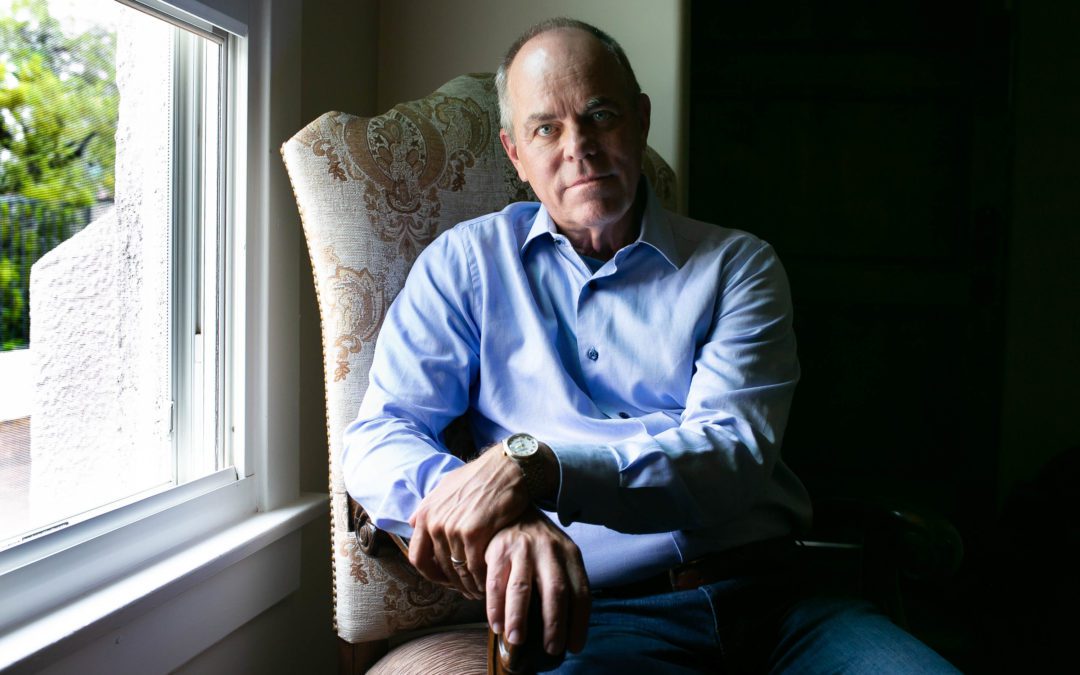
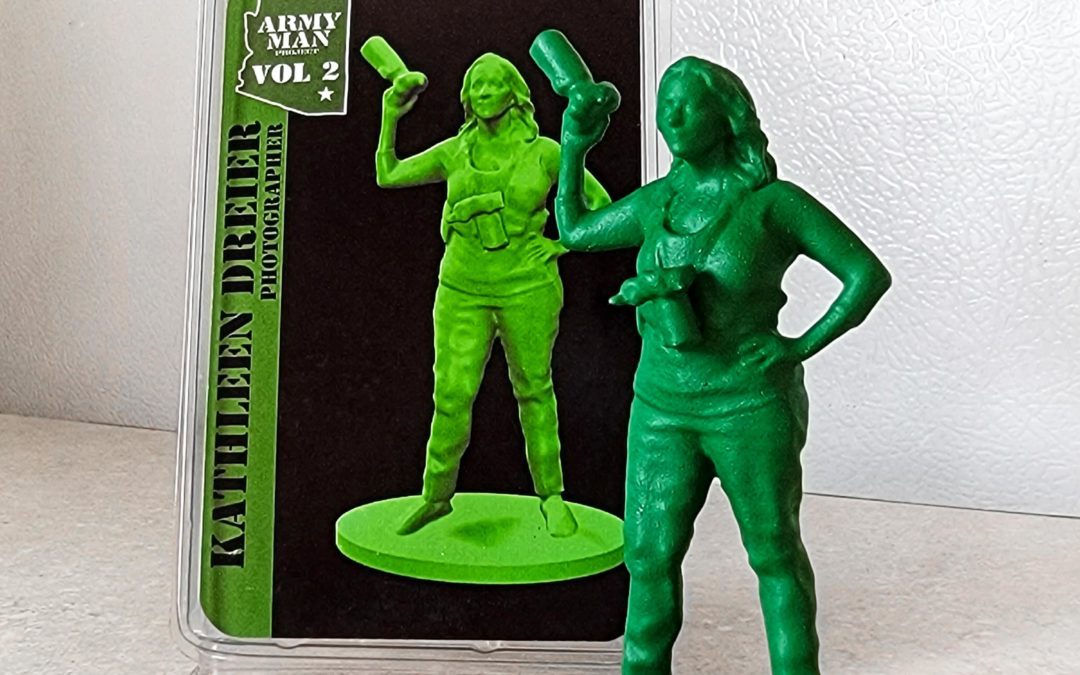
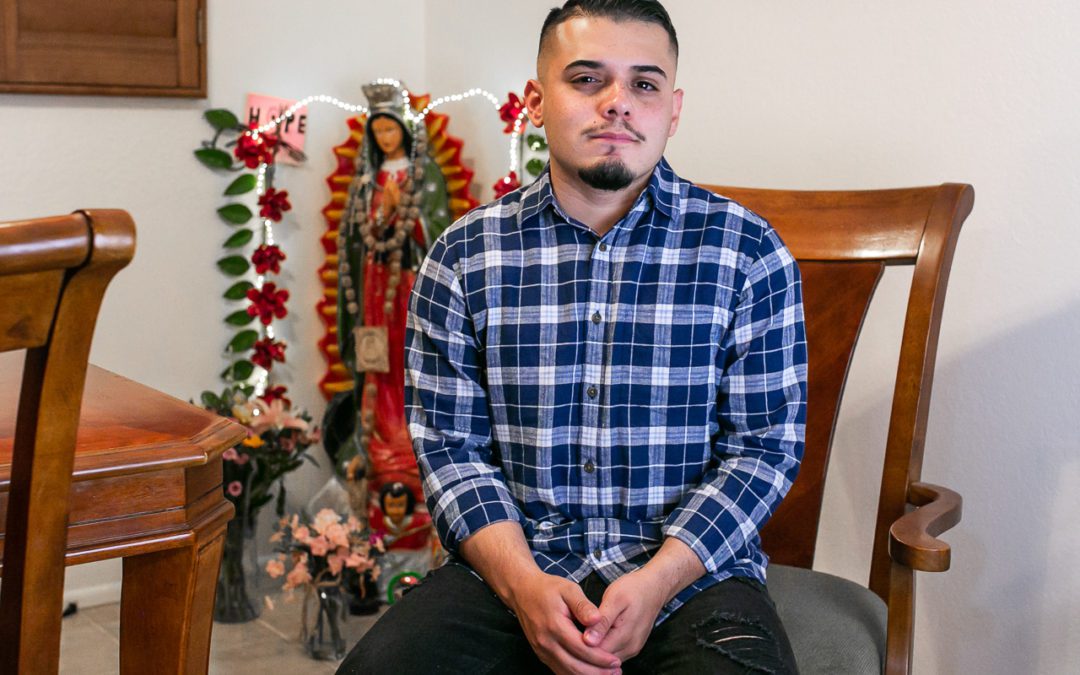
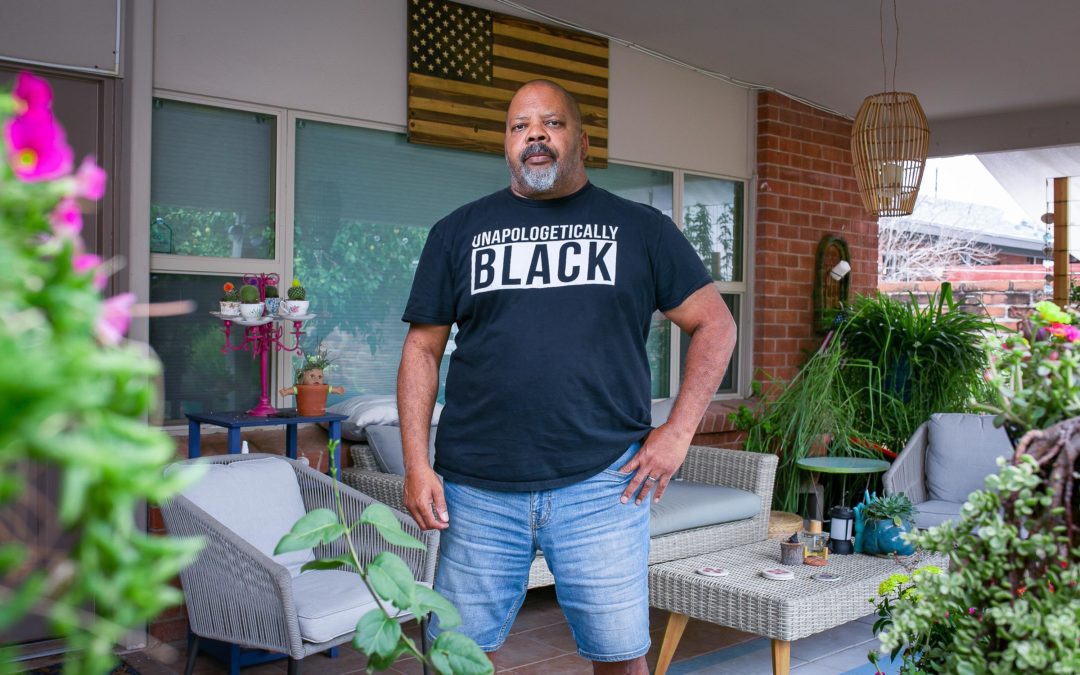
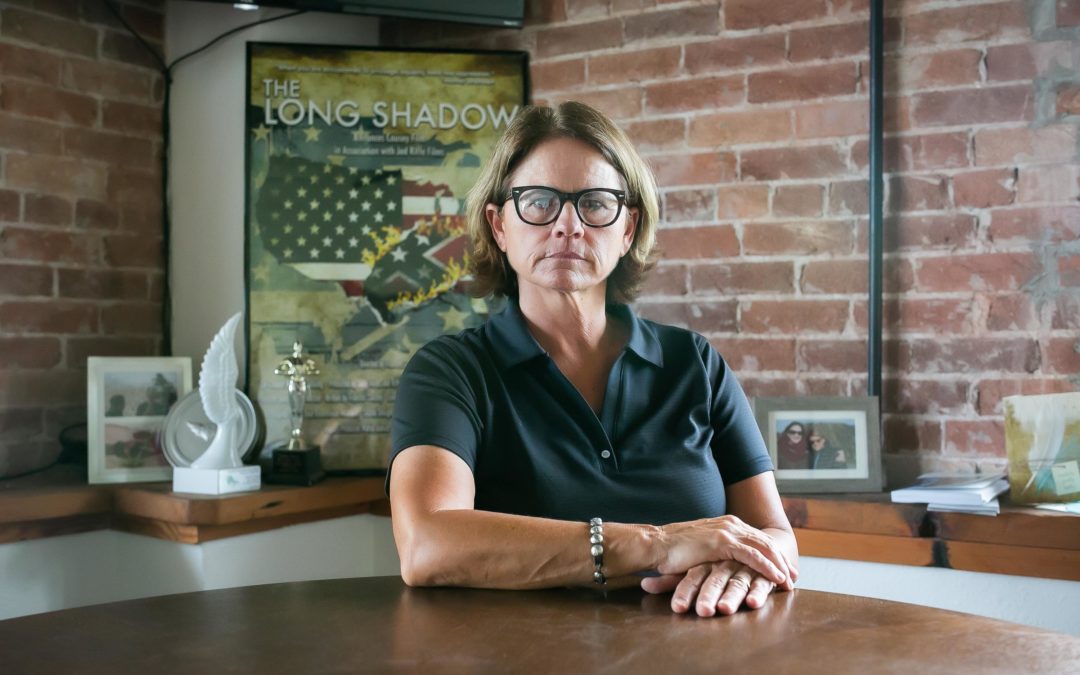
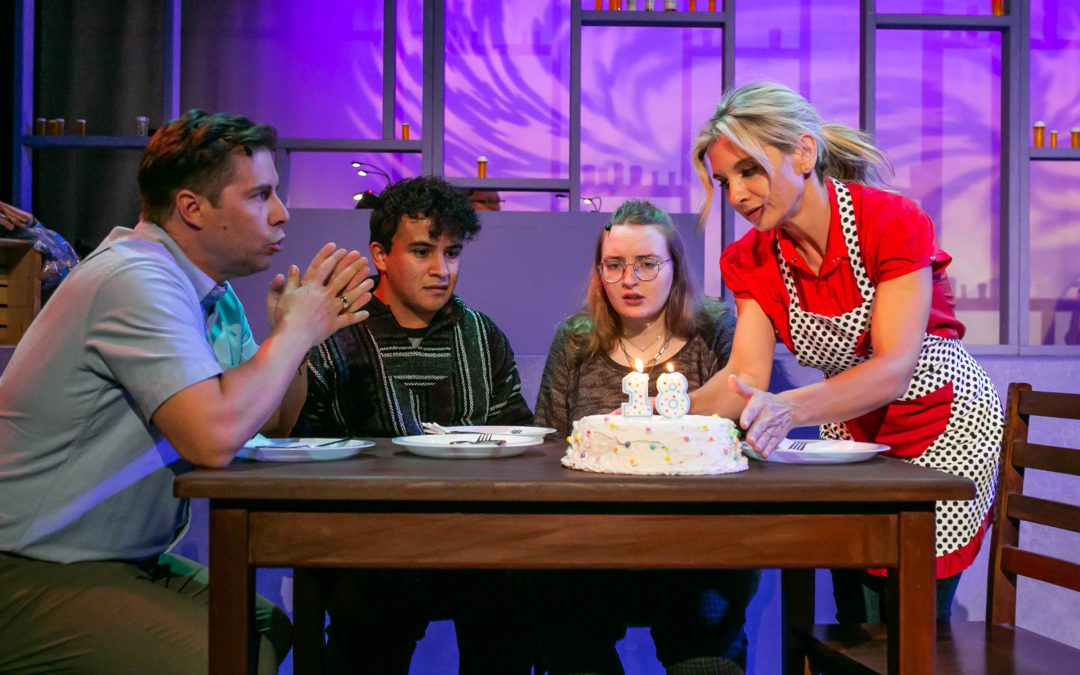
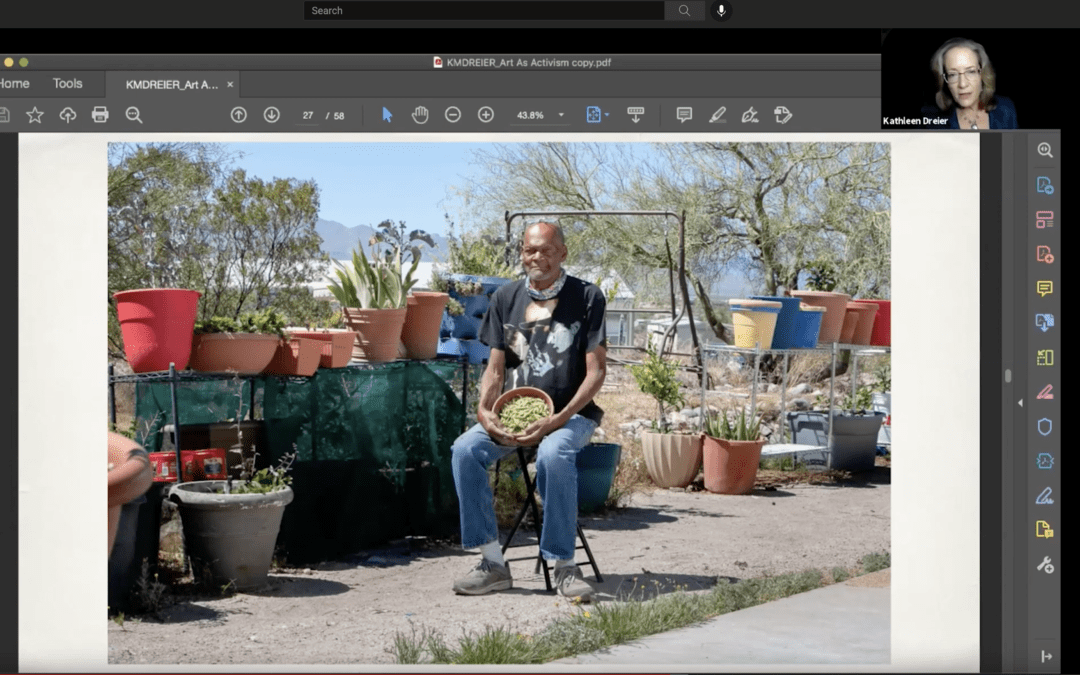
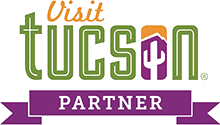




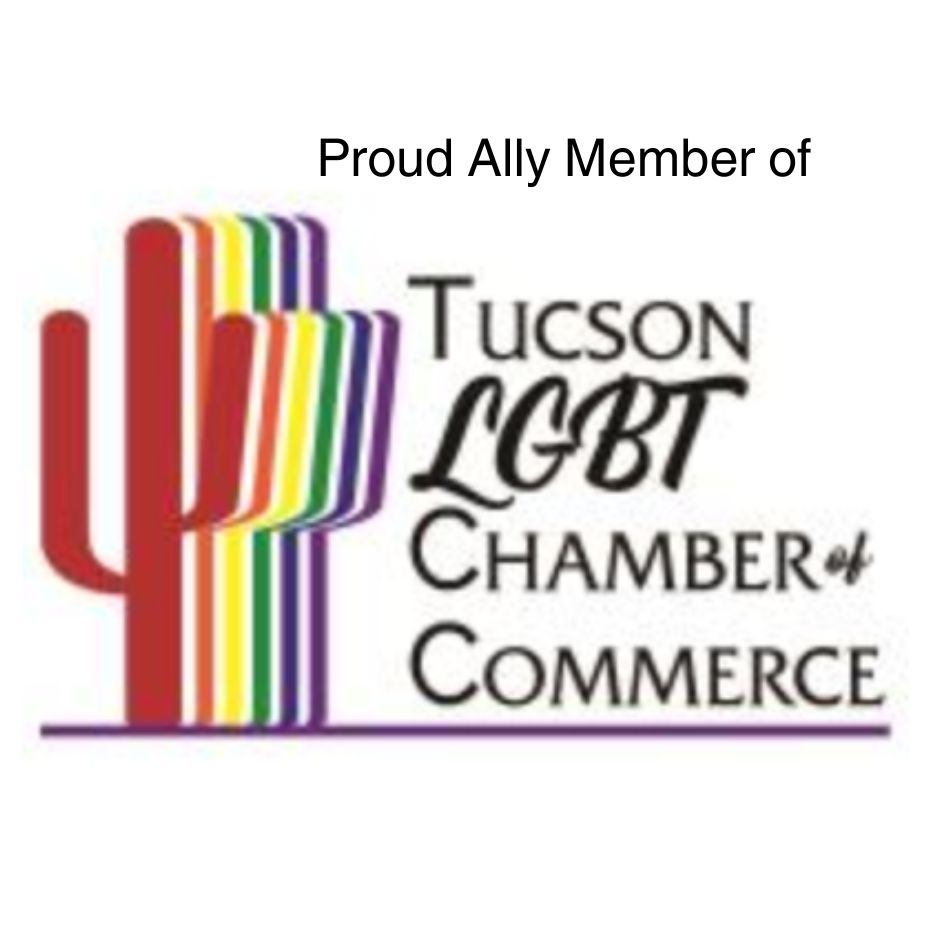
0 Comments